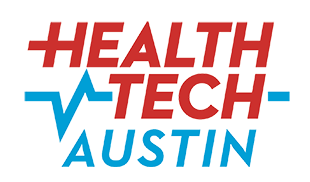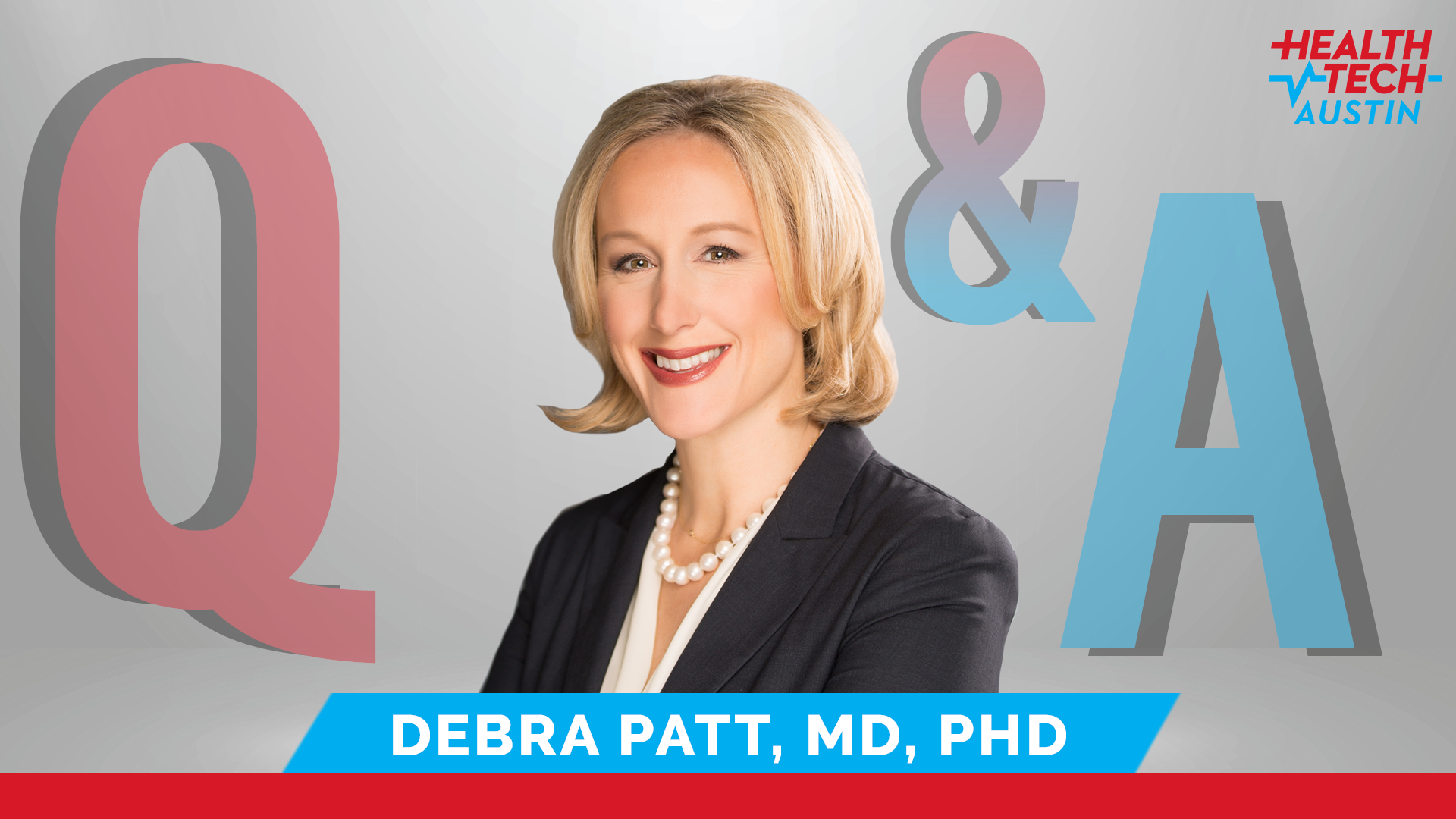debra patt, md, phd
executive vice president
texas oncology
Dr. Patt is a practicing oncologist, breast cancer specialist, and an executive vice president of Texas Oncology with responsibilities in healthcare policy and strategic initiatives.
She is an active leader in breast cancer research, serves on the US Oncology Research breast cancer committee, and chairs the breast cancer subsection of the pathways task force for The US Oncology Network. She is a nationally and locally recognized leader for breast cancer research.
HTA - Tell us about your personal/professional background?
I grew up in Texas and have remained here for my formal education and professional life. I completed my undergraduate at The University of Texas at Austin, medical school and residency at Baylor College of Medicine in Houston, fellowship in hematology and oncology at MD Anderson Cancer Center in Houston, an MPH and PhD in public health from The University of Texas Health Science Center in Houston, and an MBA from the McCombs School of Business at the University of Texas at Austin. My professional goal is to improve the health of all Texans through good healthcare policy and great cancer care. I actively participate in informatics research and seek to improve healthcare delivery through solutions in clinical informatics.
HTA - Who were your early mentors, and how did they impact your career?
Dr. Joseph Bailes is a mentor of mine. When my practice president asked me to lead policy for Texas Oncology, I knew a lot about policy but very little about politics. Joe taught me how to get by in a world in which I was less familiar, and that has helped me professionally quite a bit.
HTA - Why did you choose oncology as your specialty?
Cancer medicine is changing rapidly. It is a time of remarkable innovation. I wanted to be part of the change in the face of this deadly disease. I also like developing relationships with my patients and caring for them for years. I like knowing that I often meet them on the worst day of their lives; but we will make it better together, and we can share in that happiness.
HTA - What do you see as the most salient issues in cancer care?
Cancer care mortality has decreased considerably due to better screening and remarkable innovation in drug discovery. Both are at risk. In the COVID-19 pandemic, cancer screening rates are down 40 to70%. Cancers are going undiagnosed, and I fear we could lose ground.
HTA - What is the biggest barrier in cancer care and how can it be overcome?
Access to healthcare remains the biggest challenge to cancer care. People who don’t have access to healthcare generally aren’t screened and early cancer diagnosis is delayed.
HTA - Can you take us behind the scenes of how you led the rapid expansion of Texas Oncology’s telemedicine capabilities from 15 to 90 percent of providers within two weeks of COVID-19’s inception?
Unlike what most people think, for us, it wasn’t just about doctors and patients, but also a well-coordinated team. We depended on our marketing team to provide patient information and education, our technical support to help with software and hardware upgrades, our administrators to learn the billing and compliance aspects of telemedicine, and our clinical staff to learn a new workflow. It was a lot of education upfront; but the teams have been fantastic, and I think it has really made the difference in making Texas Oncology such a safe place to get cancer care during the pandemic.
HTA - During this pandemic season, how has your work routine changed?
It has. We are seeing about 25% of our patients through telemedicine. By reducing the onsite volume and implementing safety protocols, clinic is a safe place for patients to get cancer care.
HTA - What are some short- and long-term effects COVID-19 will have on cancer care?
In the short term, cancer screenings, biopsies, surgeries, and new cancer visits have all decreased substantially across the country. In the long term, this will likely translate into higher cancer morbidity and mortality. We need patients to not medically distance.
HTA - When it comes to breast cancer, what's the best target for a “moonshot” in the U.S?
Having the goal of curing early stage breast cancer and making advanced breast cancer a chronic disease, like hypertension or diabetes. We are getting closer and closer.
HTA - What are the unique sources of disparities in cancer research, treatment, and long-term care; and how do we address them?
Cancer care is making progress, but stark barriers remain. Ethnic minorities are underrepresented in clinical trials and this limits their benefit. Patients with lower socioeconomic status have barriers in health insurance and access to care.
HTA - How can technology help address clinically meaningful questions from the patient, to the health system, and to the doctor?
So many ways! Content and applications can help improve the health literacy of each patient. By removing uncertainty about cancer, we can remove some of the fear of the cancer journey. Telemedicine can allow patients to be seen with their families in their homes. Applications for symptom reporting can help clinicians improve the patient journey and respond to side effects faster.
HTA - Can you provide examples of novel cancer treatments that you are pursuing at Texas Oncology?
We are doing many clinical trials with immunotherapy. We published the Phase 3 Keynote-522 trial last year showing that the addition of immunotherapy to treatment for patients with triple negative breast cancer improves outcomes. I am hopeful it will be approved by the FDA soon and we can add it to patient care. We are also participating in clinical trials with multiple targeted agents looking at novel mechanisms to prevent cancer growth. We are participating in novel blood cancer trials. We have more than 150 national clinical trials open to our patients throughout the Texas Oncology network at any given time.
HTA - Based on the advances in cancer care over the past 15 years, what kind of advances do you expect over the next 15 years?
I think we will realize our goal to cure more cancer and to render a substantial portion of advanced cancer as a chronic disease.
HTA - If you were not an oncologist/physician/health care policy leader, what would you be doing?
I can’t imagine living a different life. I feel so fortunate to work for a great company that is laser-focused on improving cancer care in our communities. I am privileged to get to work on clinical informatics solutions and drive health policy change. Seeing my patients grounds me – I adore them and making cancer care better for them is a tangible goal I can touch each day.
HTA - How do you learn? What are you reading?
I do read a lot. I like everything, but mostly nonfiction. I just picked up Misbehaving by Richard Thaler. Richard Thaler and Cass Sunstein wrote one of my favorite books, Nudge, that has framed how I think about clinical decision support in healthcare. It’s sort of behavioral economics. Though my all-time favorite is Thinking Fast and Slow by Daniel Kahneman. I guess behavioral economics is a favorite, but I also enjoy biographies and period pieces.

